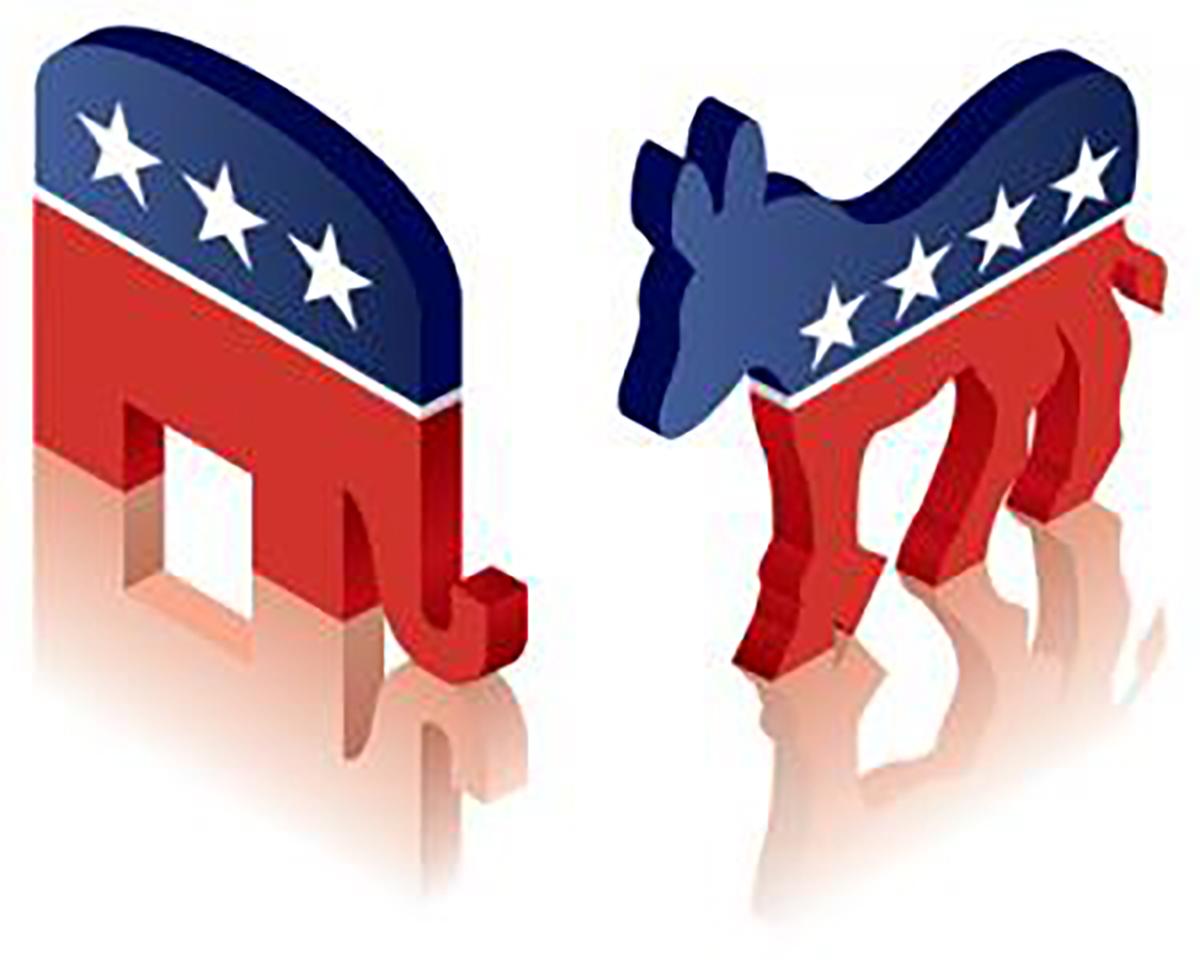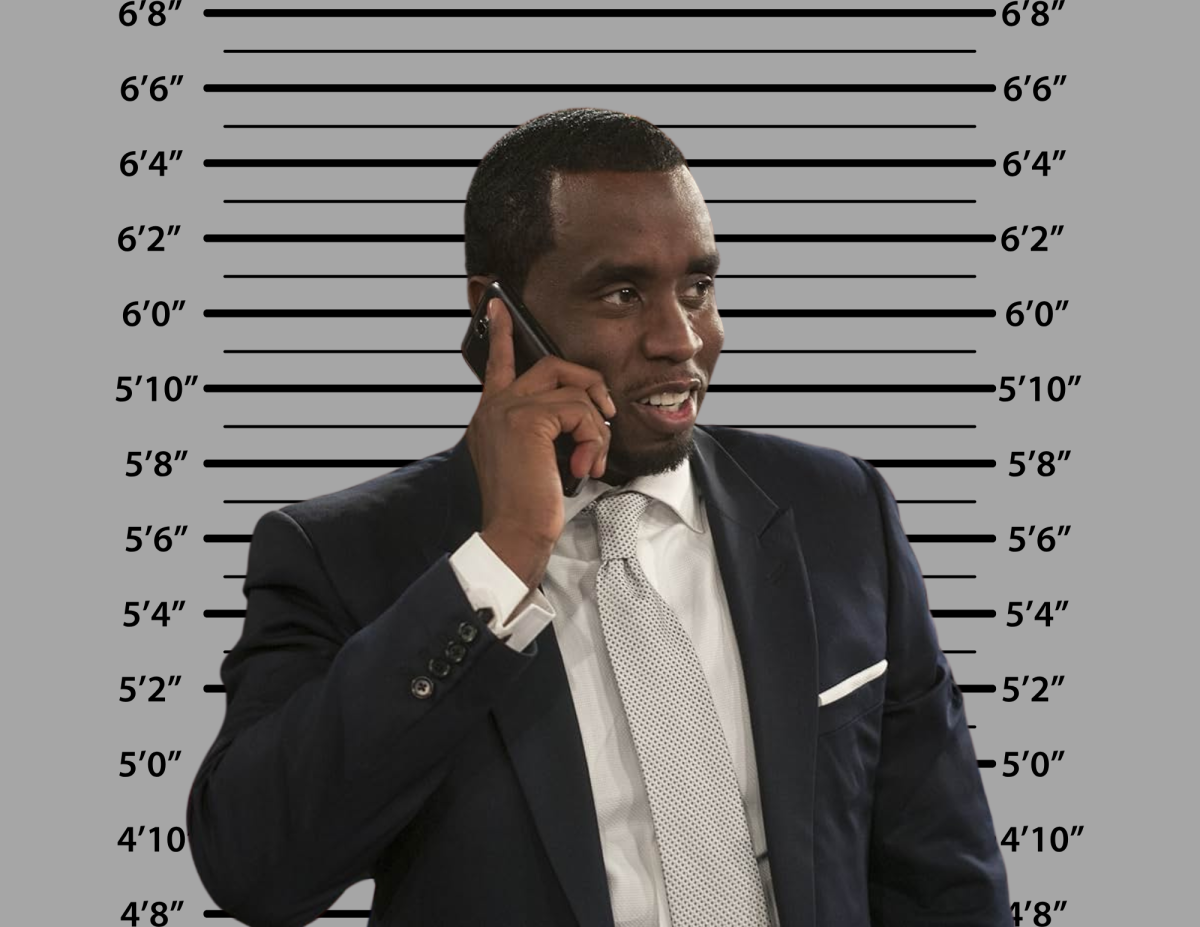
By Liv Drobny
Upon leaving the Office of the Presidency after a single term, John Adams famously warned the American public against the two-party political system.
Officially, the Constitution of the United States supports a multi-party system. Today, Americans can register as American Independent, Green, Libertarian, and Peace and Freedom, along with the larger and more influential Democratic and Republican parties. Formalities aside, the Democratic and Republican parties have wielded the overwhelming majority of political influence in American politics since 1853, when Millard Fillmore and the Whig party fell out of favor.
We acknowledge that Ross Perot of the Independent party won just under 19% of the popular vote in 1992 and George Wallace of the Independent party won just under 14% of the popular vote. Still, these percentages indicate that third party candidates are hardly viable.
In an October Gallup poll taken over a period of 11 days, 31% of respondents reported Republican affiliation, 31% reported Democratic affiliation, and 36% reported Independent affiliation. If this is true, over one-third of voters do not agree with the two major parties that have come to dominate American politics.
The American experiment is based on democratic values and a true representation of the people under whom elected politicians govern. Today, the two major parties — Democrats and Republicans — operate as businesses rather than effective congresspeople with common people’s interests at heart.
Discourse leading up to the 2020 presidential election has exposed systemic corruption in both parties. While conservative Republicans blatantly stoke anti-poor, anti-minority sentiments and execute their agendas in clear view, Democrats are accused of hiding behind a facade of social justice while quietly executing similar initiatives.
Luckily, we have the opportunity to change.
Spain offers an example of how the two-party system can be broken. Although Spain operates under a parliamentary system, the political affiliations of representatives have diversified significantly over the past 40 years.
In 2019, the People’s Party, the Spanish Socialist Worker’s Party, “Unidos Podemos,” meaning “Together We Can,” and the Party of the Citizenry carried 33%, 23%, 21%, and 13% of the vote, respectively. Government representation does not have to be a zero-sum game.
As of today, there are only two representatives in the United States senate who are not affiliated with the Democratic nor Republican parties. In the House of Representatives, there are none.
If we intend to strive toward a more perfect union, we are obligated as American citizens to choose representation that accurately reflects who we are. In a country that has been characterized as a melting pot of hundreds of nationalities and cultures, religions and creeds, we cannot settle for only two viable options on the ballot.
How do we achieve accurate representation? We must invest in changing down-ballot voting. At the local level, on the state level, and on the federal level, we need to diversify our representation.
It may seem early to start thinking about the 2024 election, but developing new political parties that truly represent our interests and gaining traction in our communities takes time. We must start working together today.





